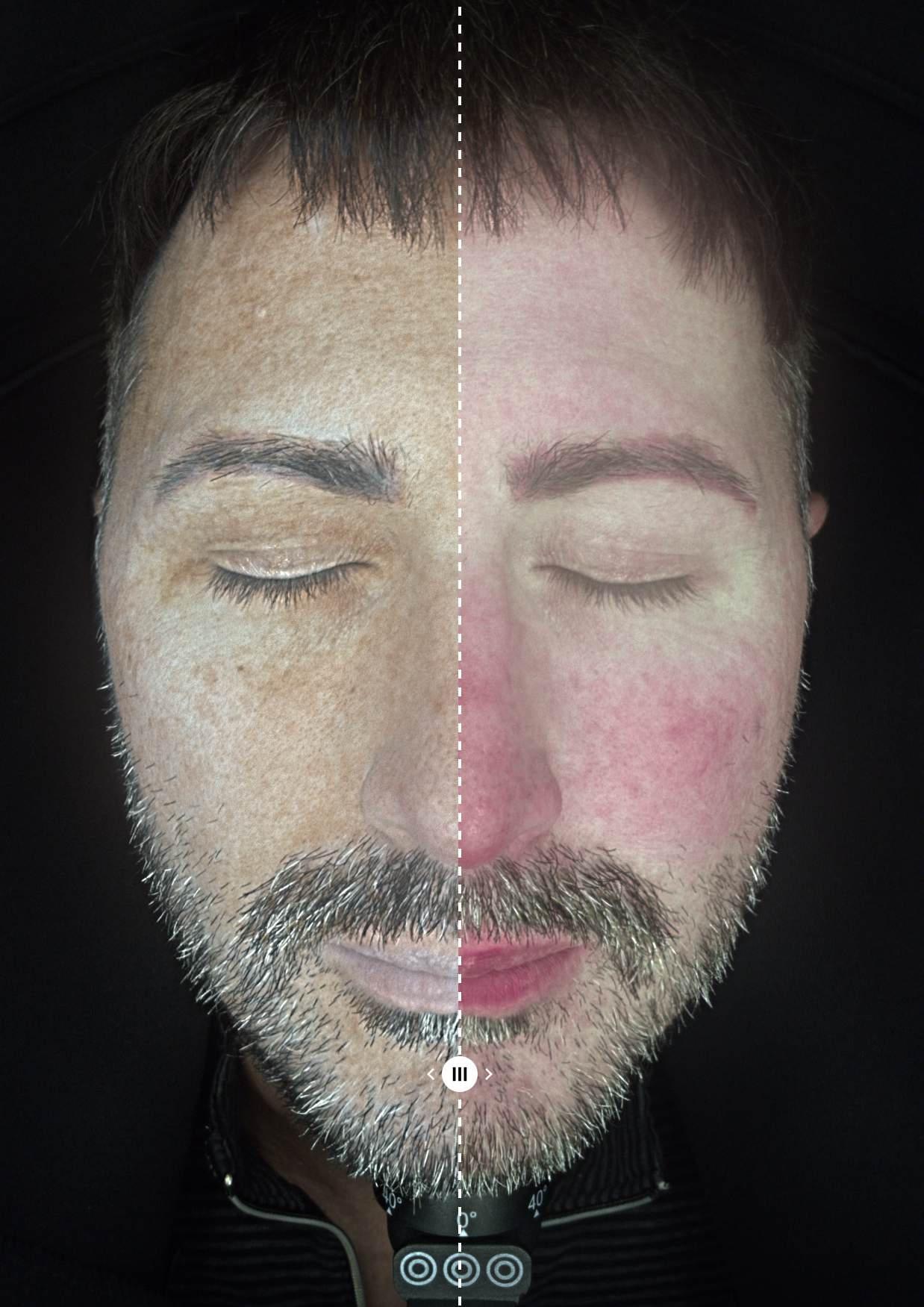
3 minute read
PAUL
from GNI ISSUE 68
by GNI MAG
Antidepressants and the Queer Community in Northern Ireland
In recent years, antidepressant use has soared across the UK, and Northern Ireland stands out with some of the highest prescription rates. Among the most vulnerable and affected populations is the queer community, who continue to face unique socio-political challenges that profoundly shape mental health outcomes. From systemic discrimination to social isolation, queer individuals in Northern Ireland often find themselves navigating a mental health landscape that is both under-resourced and ill-equipped to meet their specific needs. In this context, antidepressants are frequently prescribed; but are they a healing tool, or a holding pattern?
Advertisement
A Complex History of Pain and Resilience
Northern Ireland has made significant progress in LGBTQIA+ rights over the past two decades, but the legacy of stigma and religious conservatism still lingers. Same-sex marriage was only legalised in 2020, and trans healthcare remains underfunded and inconsistently provided. Many queer individuals grow up in environments where their identities are neither seen nor celebrated, which creates deep-seated wounds around shame, fear, and rejection.
These emotional burdens are not abstract; they manifest as anxiety, depression, and in some cases, suicidal ideation. In fact, multiple studies have shown that LGBTQIA+ individuals are at significantly higher risk of experiencing poor mental health compared to their heterosexual, cisgender peers. This reality is not because of inherent vulnerability, but because of social conditions such as homophobia, transphobia, lack of representation, and familial rejection.
Antidepressants as a First Line Response
When a queer individual in Northern Ireland seeks help for depression or anxiety, they often encounter a healthcare system that defaults to medicalisation. Antidepressants, particularly SSRIs (selective serotonin reuptake inhibitors), are commonly prescribed as a quick and accessible solution. While these medications can offer genuine relief for many, they are rarely offered alongside culturally sensitive psychotherapy or holistic support that addresses the deeper roots of the distress.
For some, antidepressants are life-saving. They help lift the fog enough to begin engaging with therapy, building community, or making practical life changes. But for others, medication becomes a long-term bandage applied to unhealed wounds; offered without a real pathway to self-understanding, identity integration, or emotional release.
The Gaps in Mental Health Support
Please note, this column is the opinion of the columinst and not that of GNI or Romeo & Julian
Ltd.
There is a stark shortage of queer-affirming mental health services in Northern Ireland. Long waiting lists, underfunded NHS mental health departments, and a scarcity of LGBTQIA+informed practitioners leave many people without adequate support. As a result, antidepressants are often prescribed by GPs who may not have the training, or the time, to explore the socioemotional complexities behind a queer person’s suffering. Moreover, there is often a lack of informed consent when it comes to medication. Many people are not told about potential side effects, withdrawal symptoms, or alternative approaches such as somatic therapies, trauma-informed counselling, peer support groups, or spiritual healing practices. This leads to an over-reliance on medication, and in some cases, a sense of numbness or emotional disconnection.
Community Perspectives: Seeking Connection and Meaning
Among the queer community, there is growing awareness that healing involves more than just managing symptoms. People are beginning to seek out spaces where they can explore their identities safely, reconnect with their bodies, and share their stories without fear of judgment. Mutual aid networks, queer circles and body-based therapies are increasingly seen as vital components of wellness.
Many queer individuals in Northern Ireland speak of a deep longing for connection; not only with others, but with themselves. They don’t just want to feel less anxious or less depressed; they want to feel alive, seen, and loved. Antidepressants can sometimes interfere with that journey by muting emotions or creating a sense of being disconnected from one’s inner world.
Moving Toward Holistic and Empowered Choices
This isn’t to say that antidepressants don’t have a place in queer healing, they do. But they should be part of a broader, more nuanced conversation. We need more queer-led mental health services, more education around informed choice, and more access to non-medical interventions that support integration rather than suppression.
Queer people in Northern Ireland deserve the right to reclaim their mental health narratives. They need culturally relevant care that honours the pain of growing up unseen, while nurturing the resilience and creativity that queer lives so often embody. Whether that includes medication or not, the key lies in empowering individuals to make choices that truly serve their unique path.
Until then, we must continue to question a system that so readily medicates queer suffering without fully understanding its roots; and commit to building one that affirms, uplifts, and heals from the inside out.
Paul McAllister- Soul Script IG: soulscript.pm Facebook: soulscript. pm Email: soulscript.pm@gmail.com











